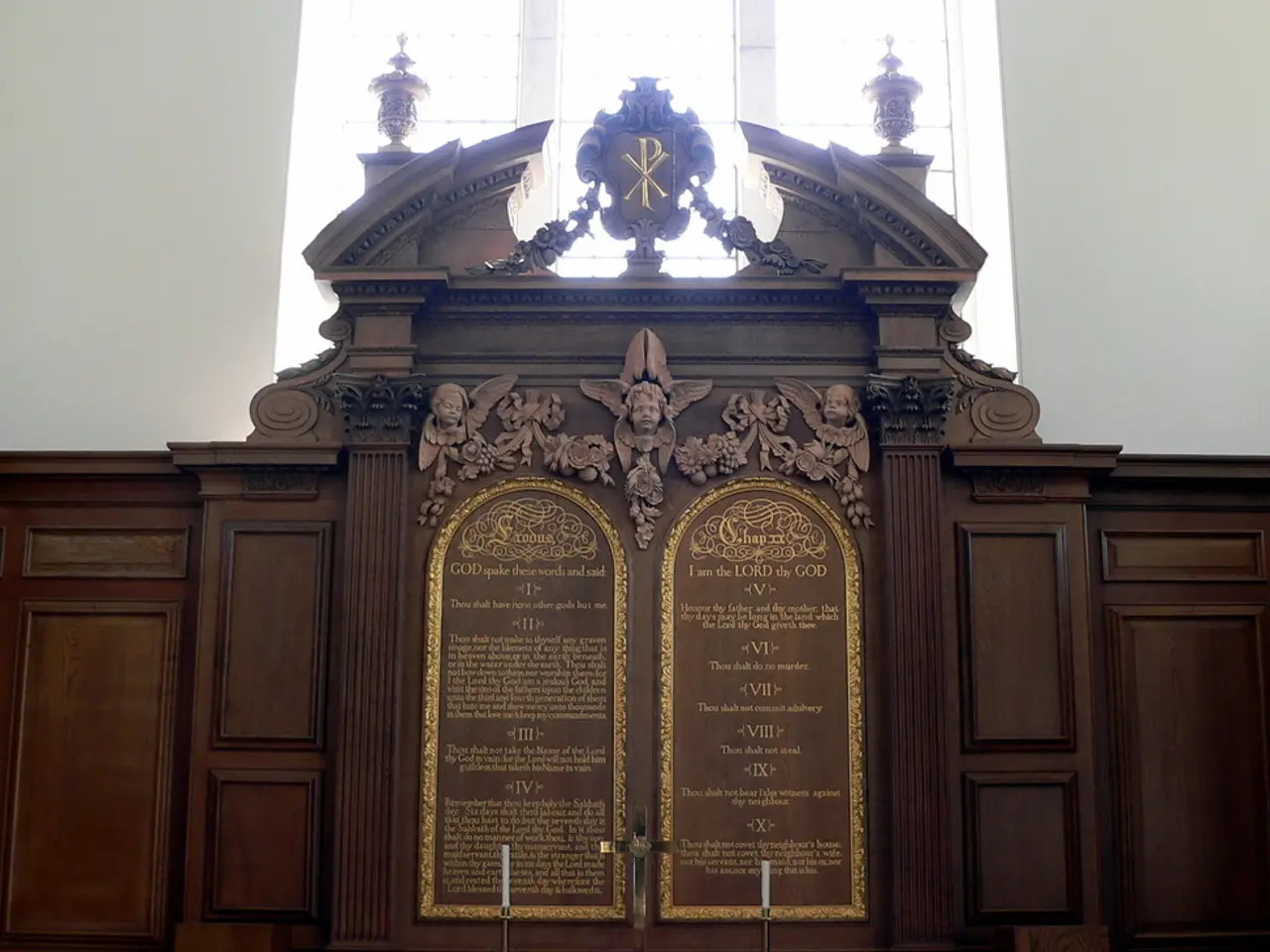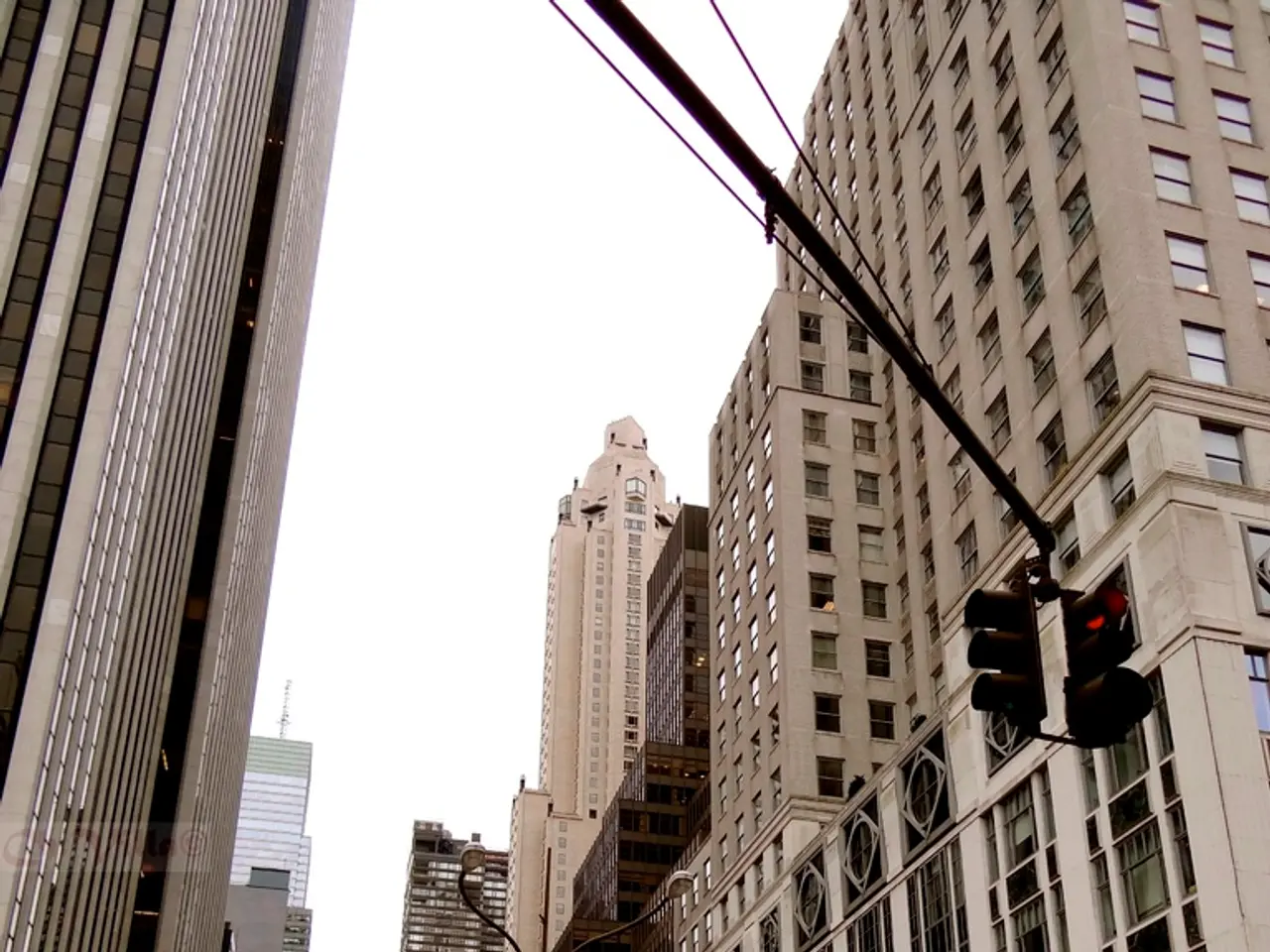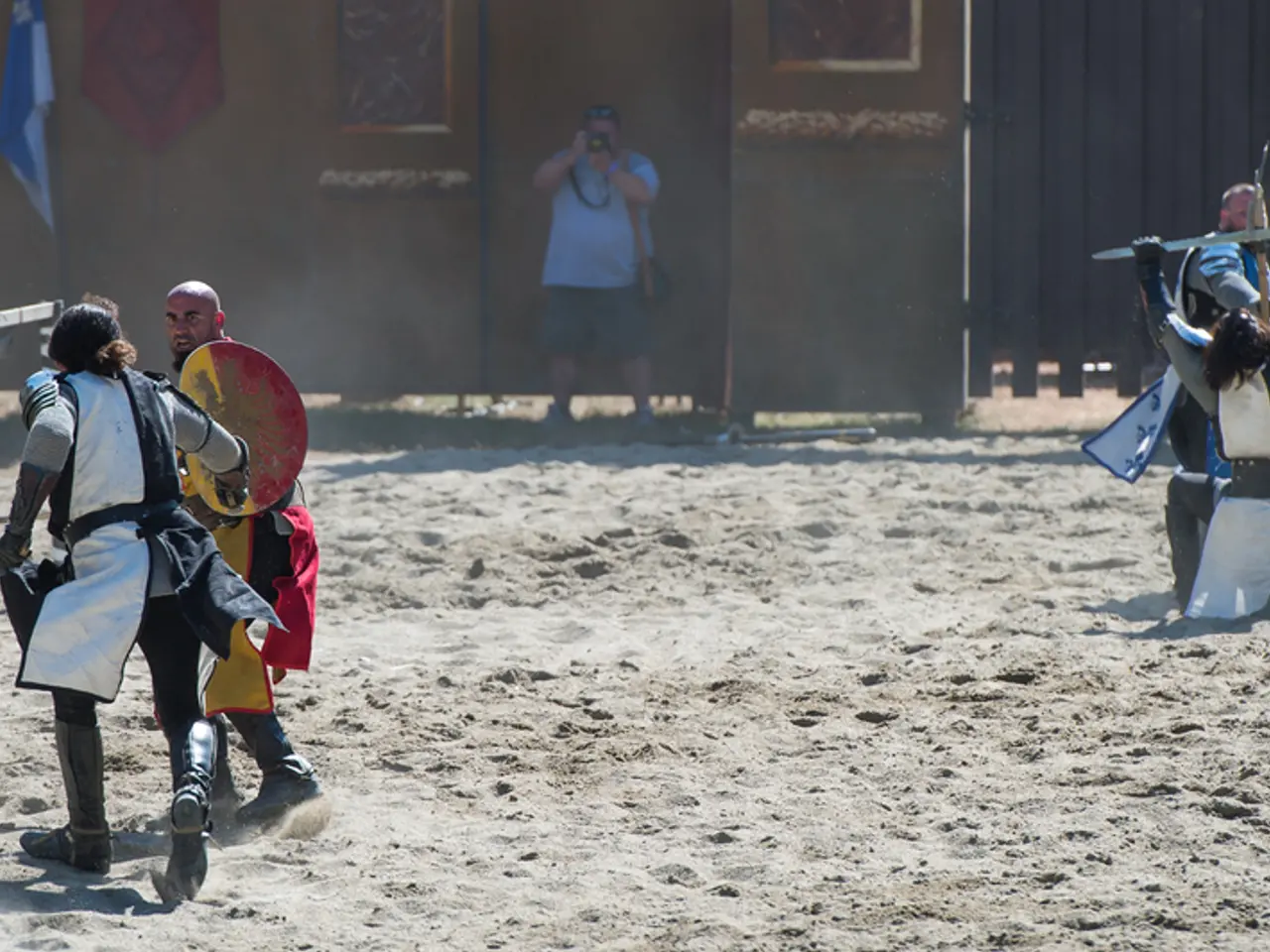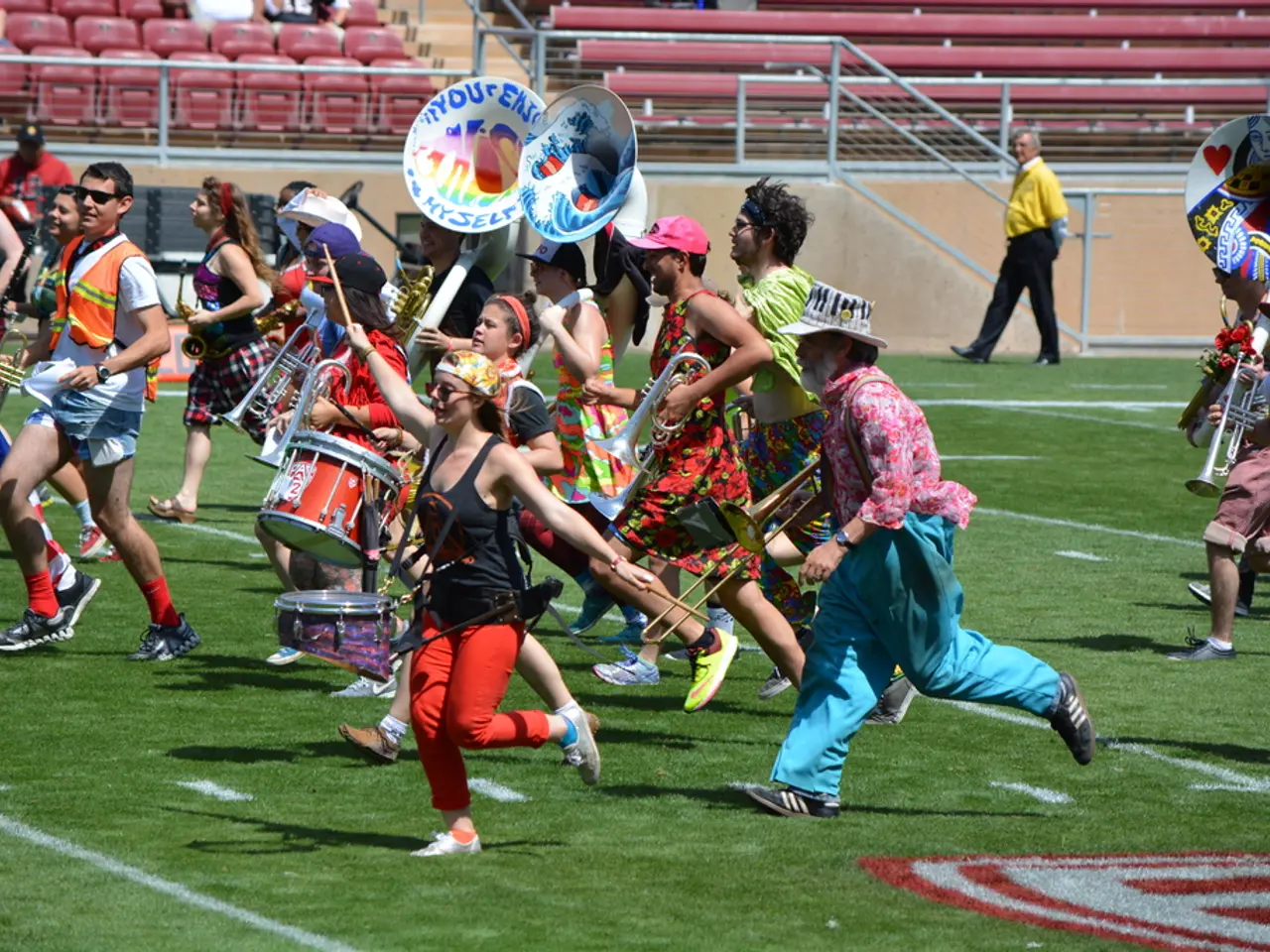Disagreement Erupts over Remaining Strongholds of Moscow's KGB Church as per Marti Aavik's Statement
The Churches and Congregations Act, a piece of legislation that governs religious organizations in Estonia, is currently the subject of a significant dispute. This dispute has reached the Supreme Court, with its decision potentially resolving the ongoing disagreement.
President Alar Karis, the head of state, has refused to promulgate the Act for the second time. His refusal is based on his belief that the amendments made by the Riigikogu, the parliament, do not sufficiently address constitutional concerns regarding freedom of religion and association. The Act, as amended, contains vague provisions on "threats" and "foreign ties" that could unjustly affect religious organizations.
If President Karis refuses to promulgate the Act a second time, the bill is returned to the Riigikogu for further consideration and potential amendment. At this stage, the Riigikogu has the option to revise the law to address the President’s constitutional concerns. If the Riigikogu insists on the current text without amendments, the law may eventually require adjudication by the Supreme Court, which can make a final decision on its constitutionality.
The process highlights the checks and balances in Estonia’s system to ensure laws respect constitutional freedoms, especially concerning religious rights. If disagreements persist or if the Parliament passes a law deemed unconstitutional, the Supreme Court may have to make the final decision on its constitutionality.
As of now, the Riigikogu has not yet decided to amend the Churches and Congregations Act again. The dispute continues to be a topic of discussion among political and religious leaders in the country. The timeline for the Supreme Court's decision on the Churches and Congregations Act is not specified.
In summary, the bill is sent back to the Riigikogu for reconsideration, and the next steps for the parliament are to amend the law to address constitutional conflicts highlighted by the President. The Supreme Court will make a final decision on the Churches and Congregations Act, acting as a potential arbiter in this dispute. President Alar Karis has not expressed any further comments on the Act. The Act remains in its current state until the Supreme Court's decision.
- The ongoing dispute over the Churches and Congregations Act, a piece of policy-and-legislation governing religious organizations, has political implications, as it involves a potential clash between the head of state and the parliament.
- As the Churches and Congregations Act makes its way through the judicial process, the Supreme Court's decision on its constitutionality could significantly influence general-news headlines regarding Estonia's religious freedom and the policies surrounding it.







